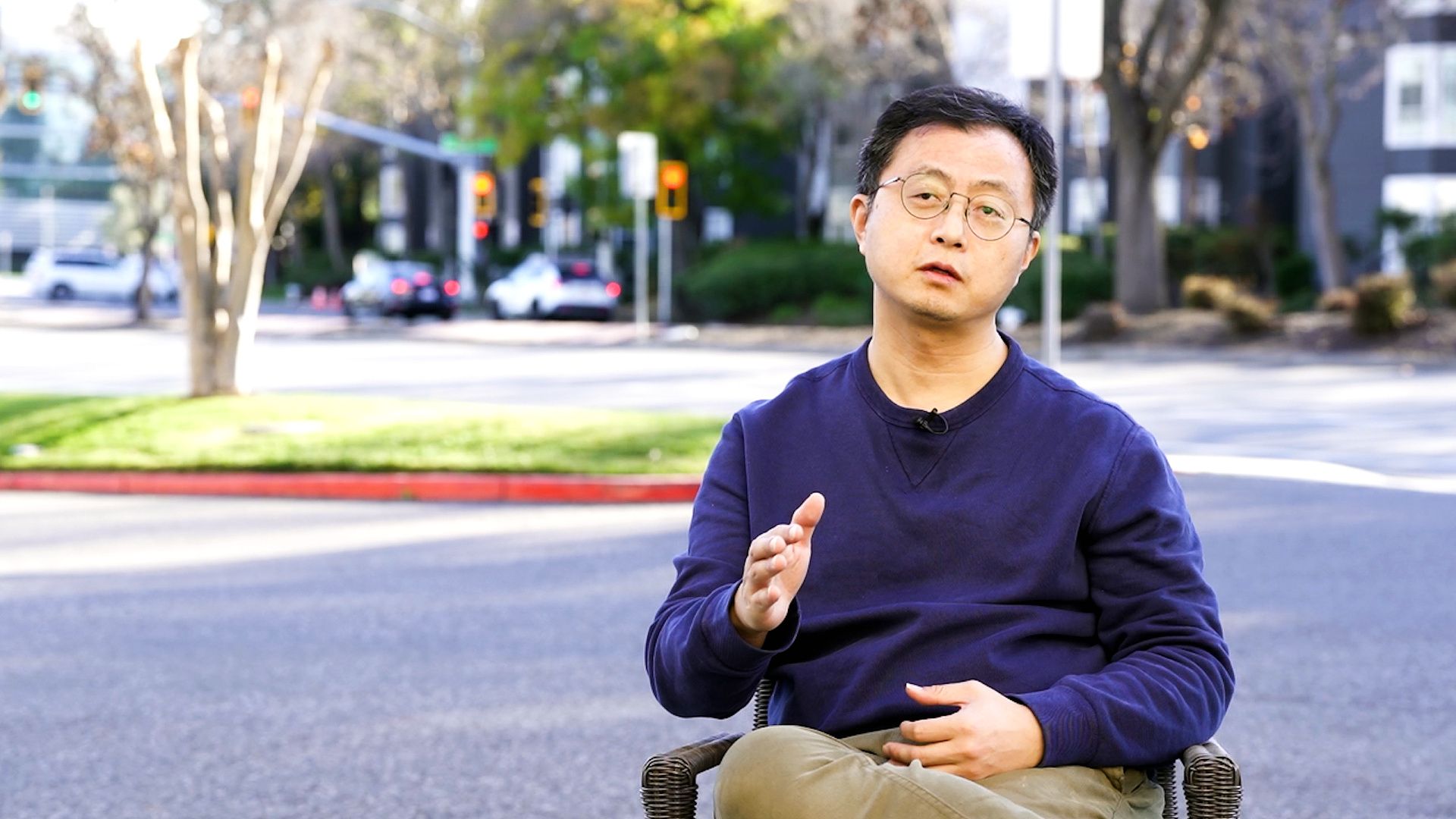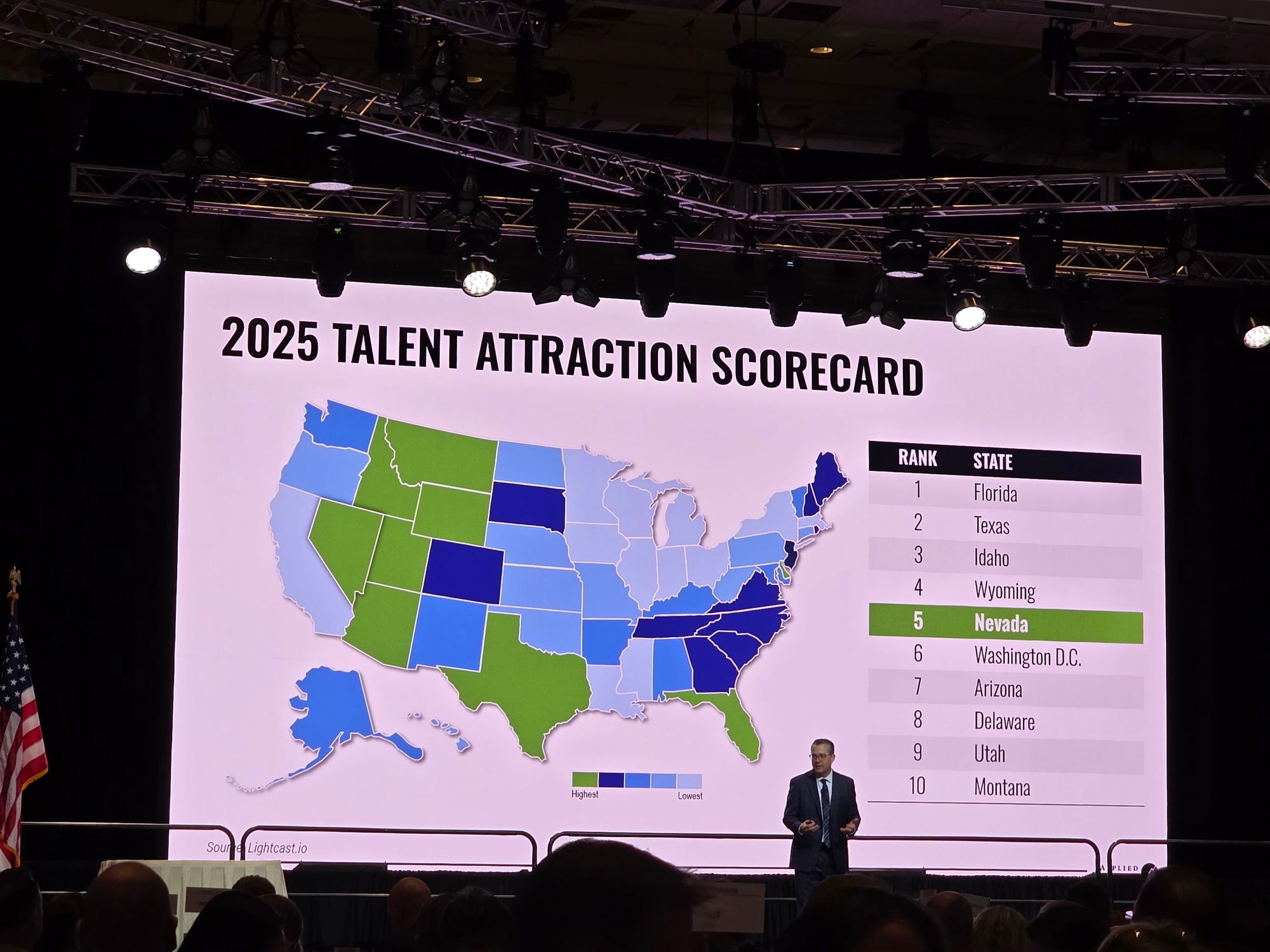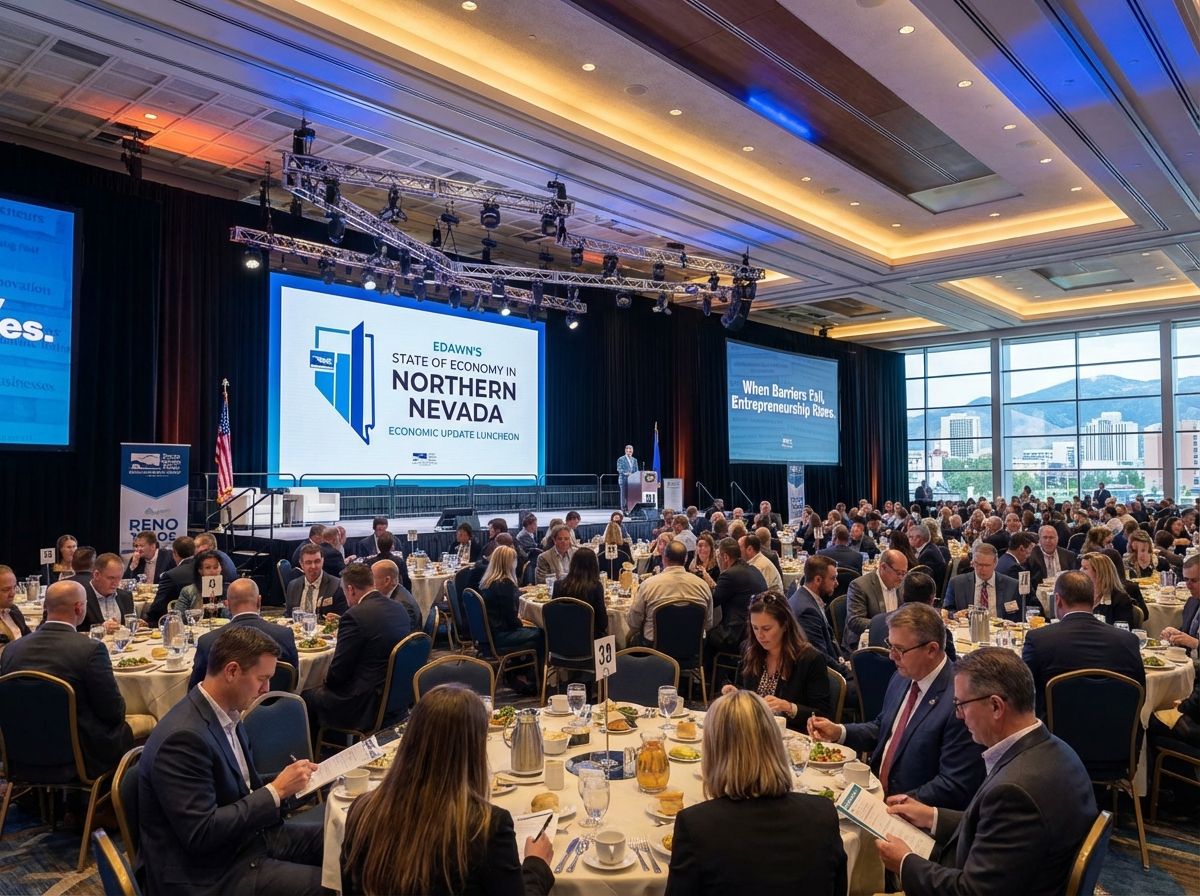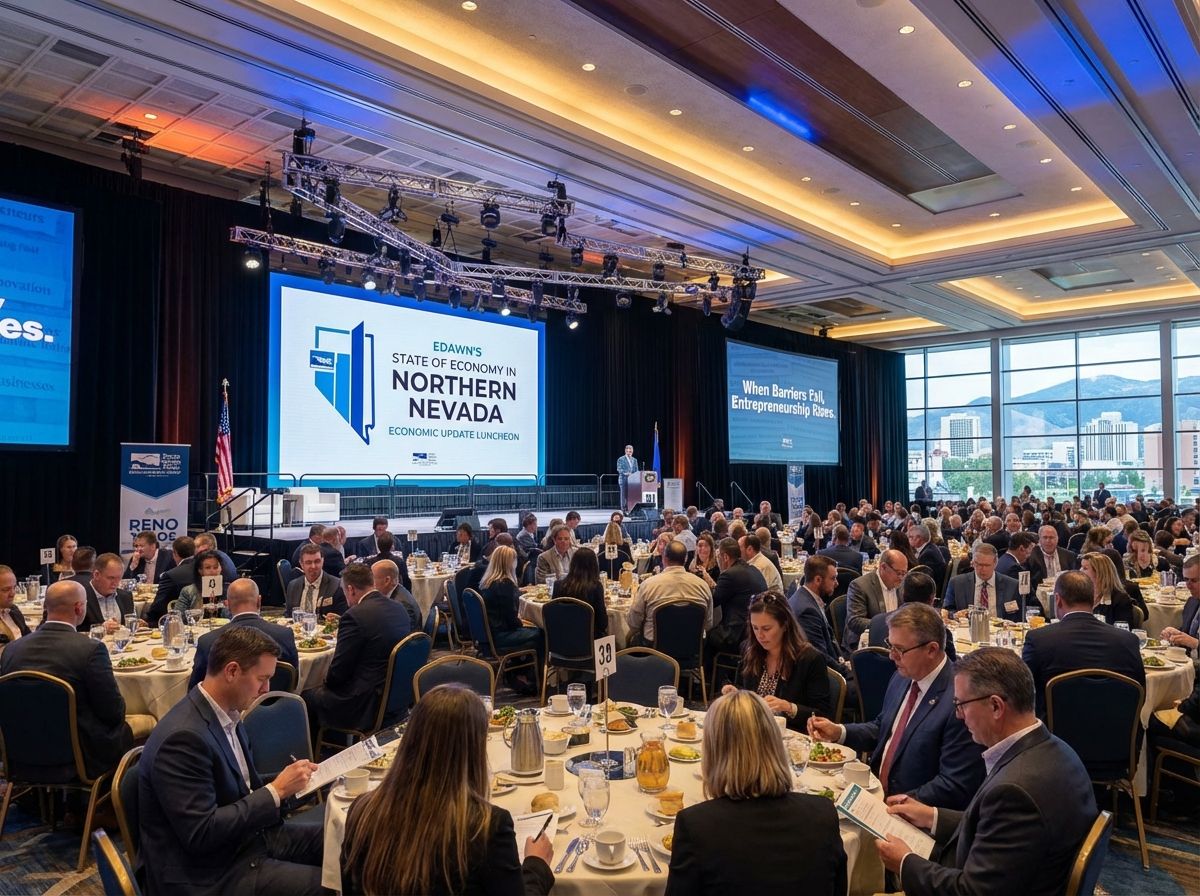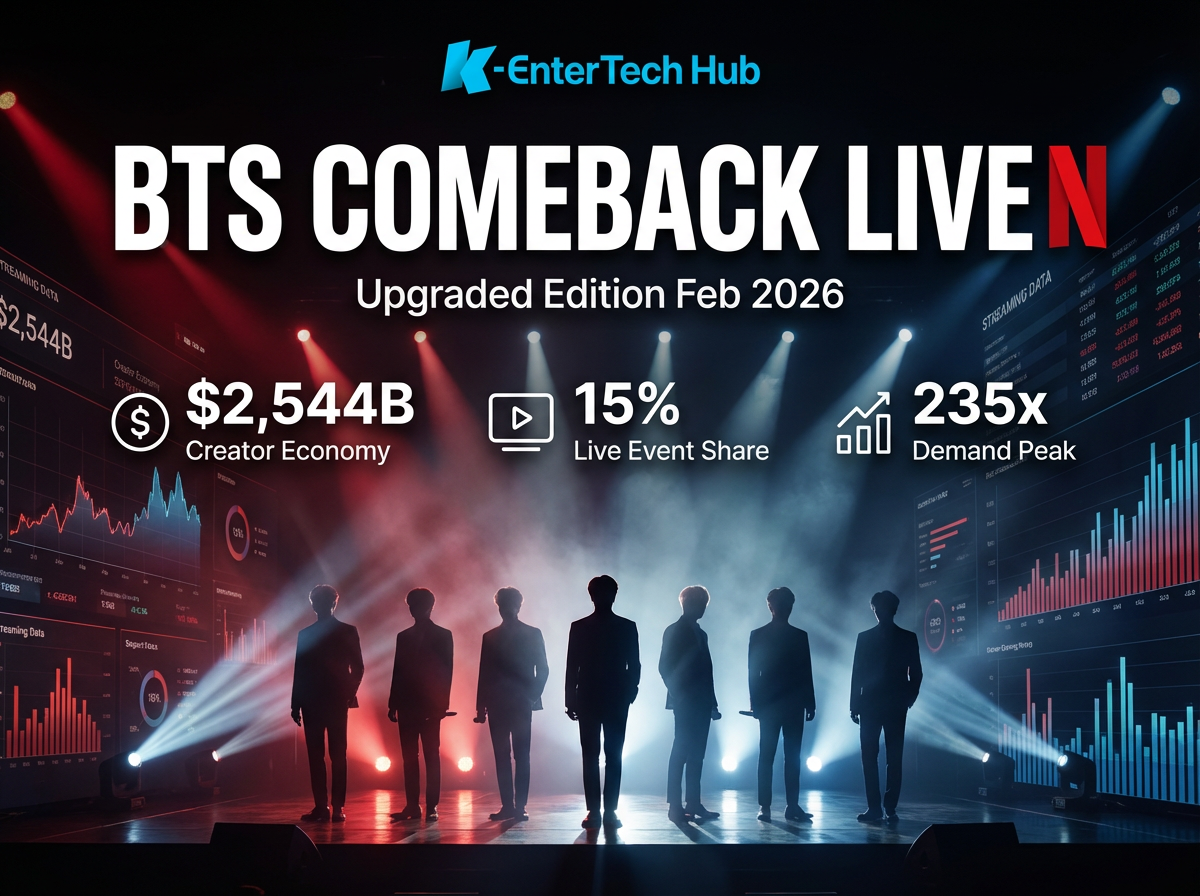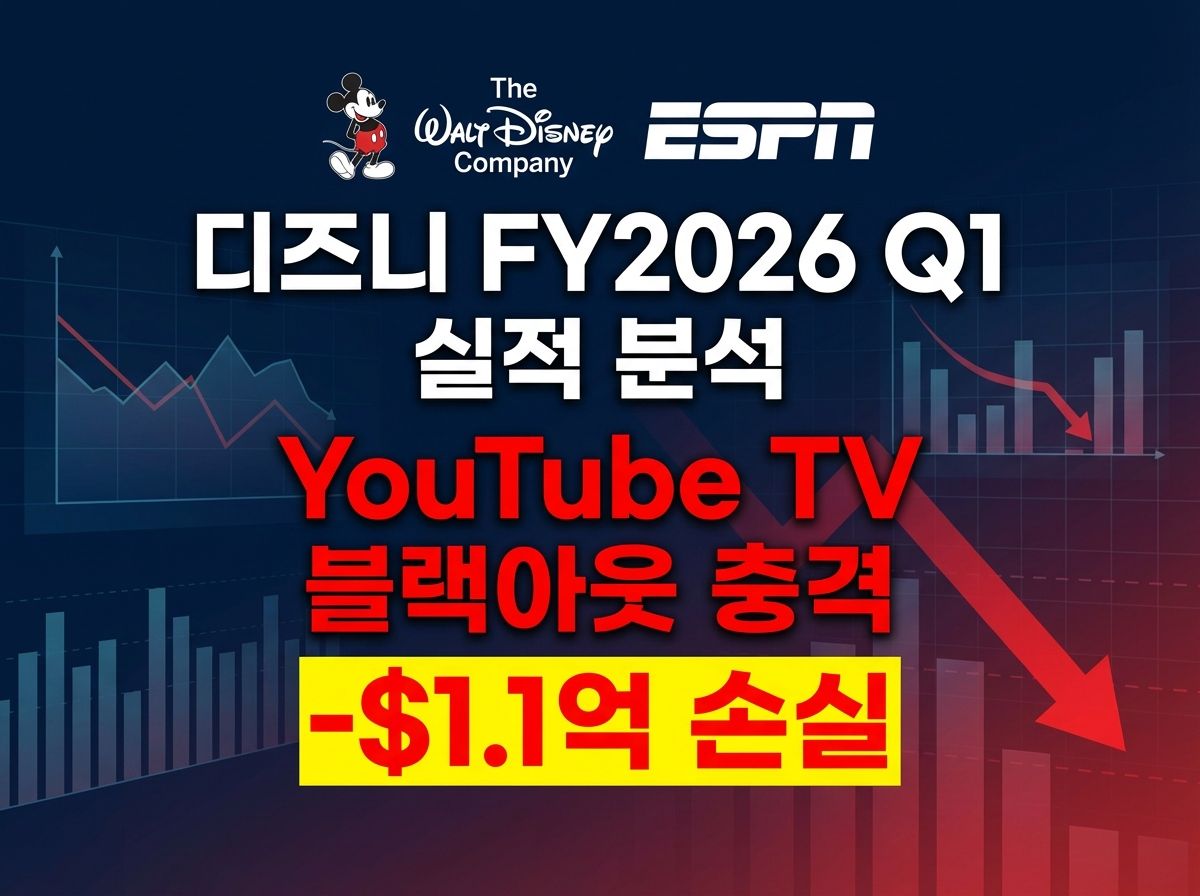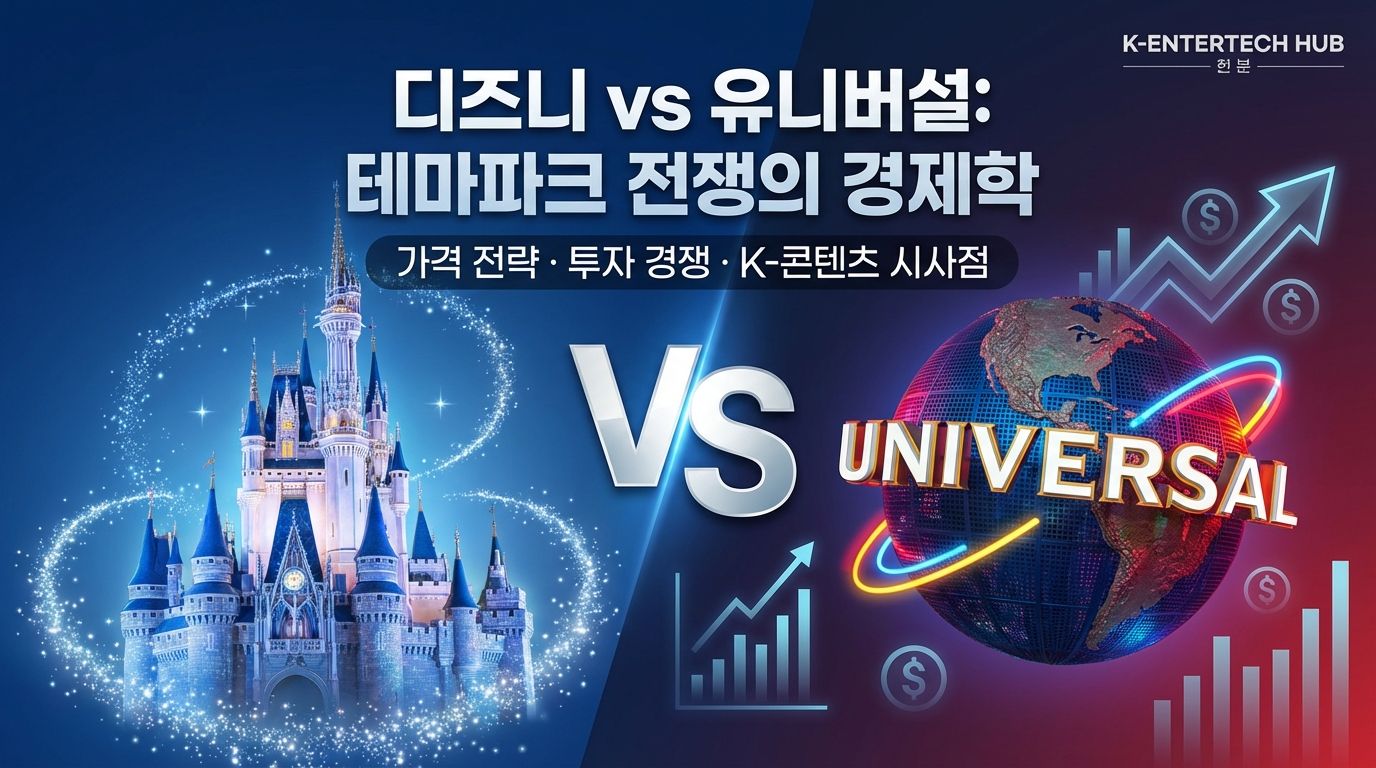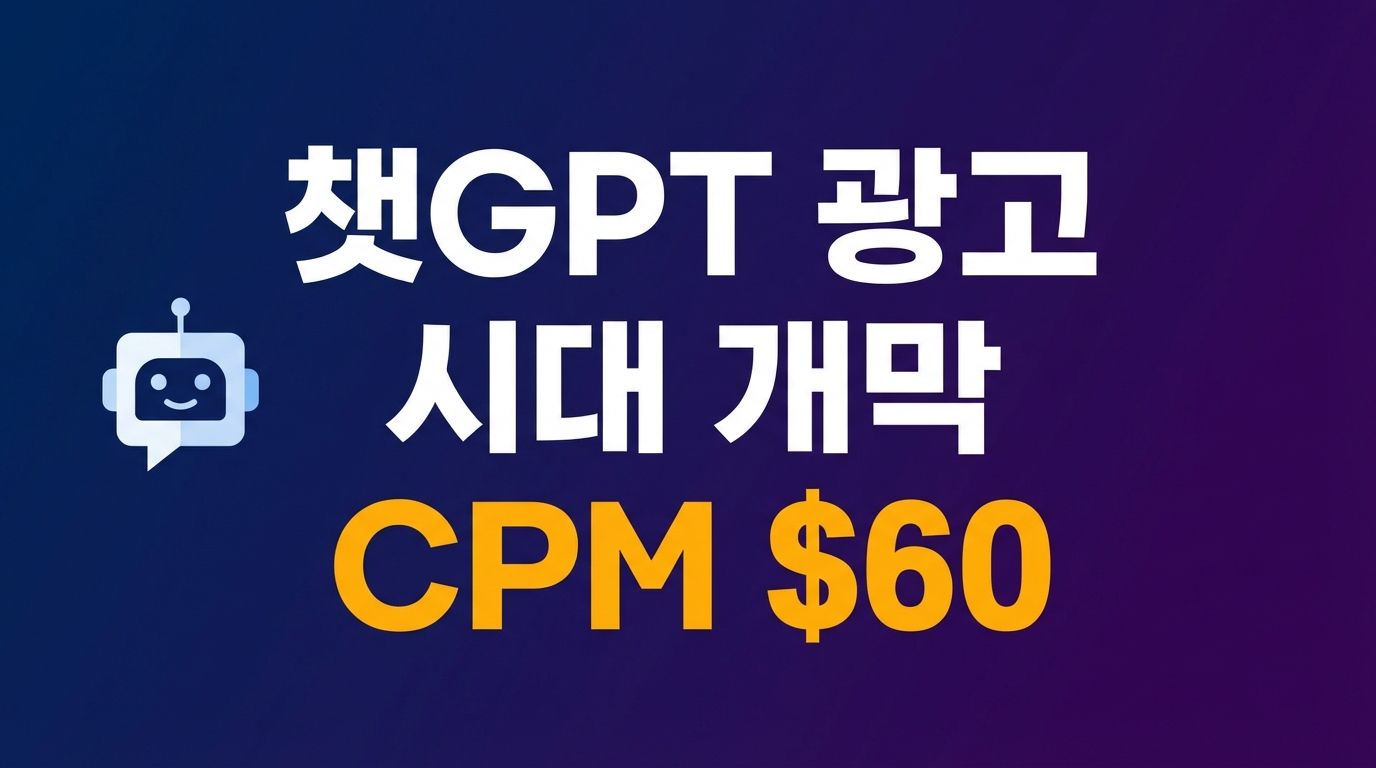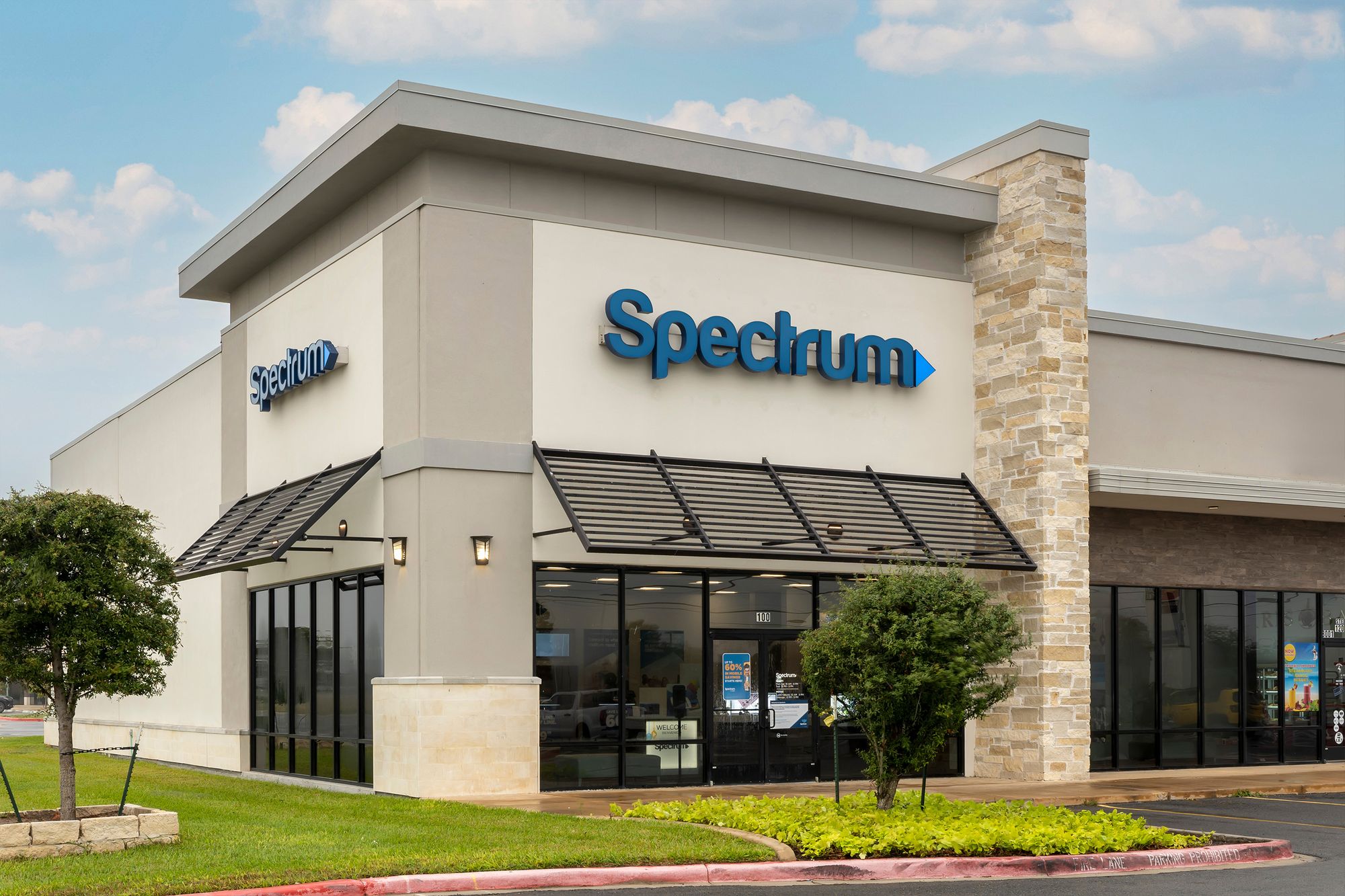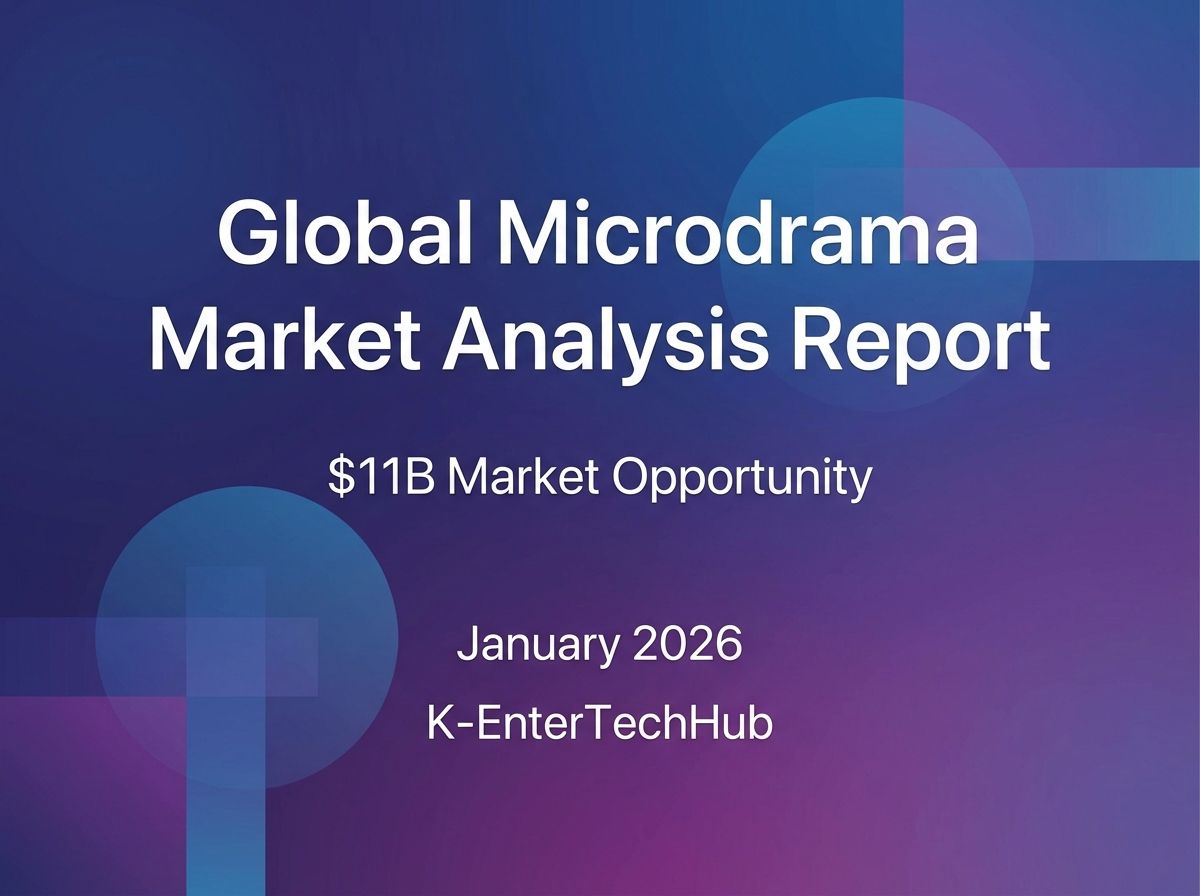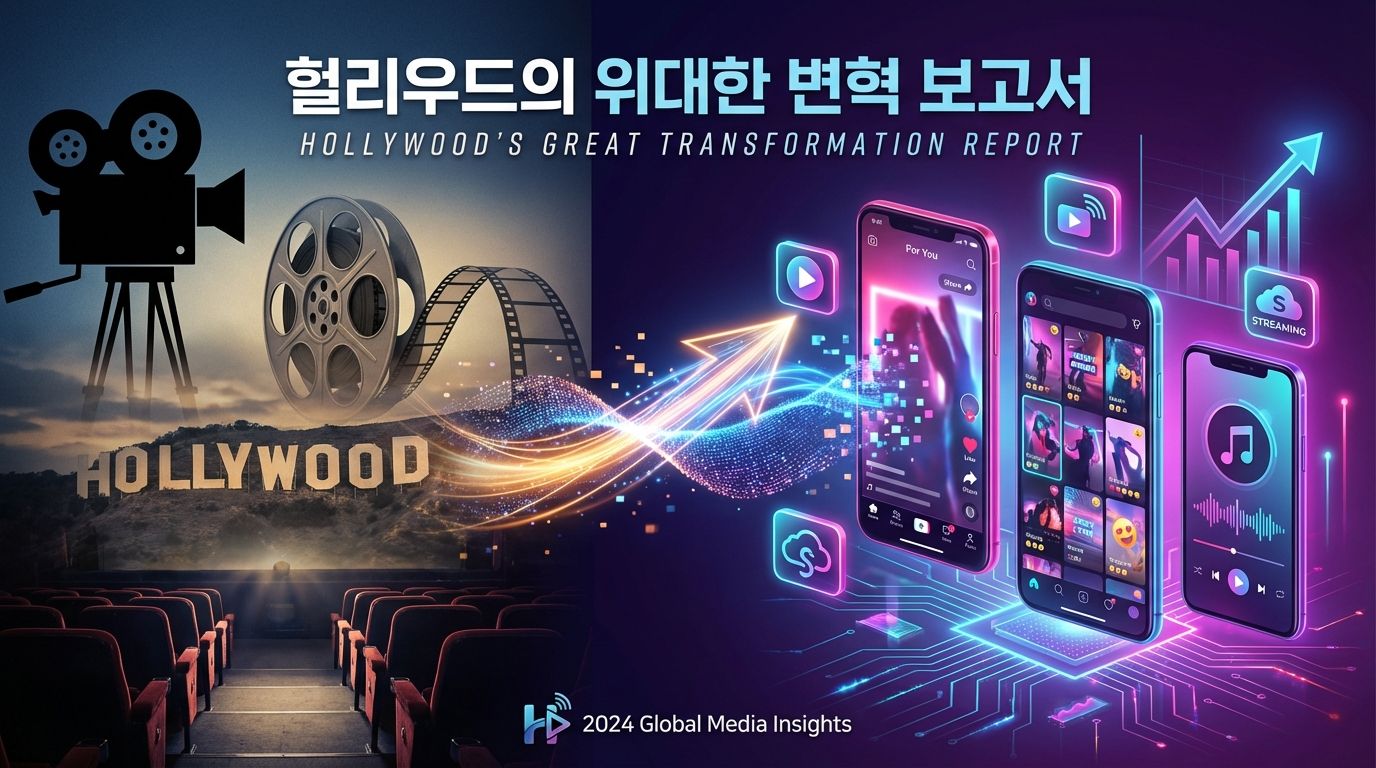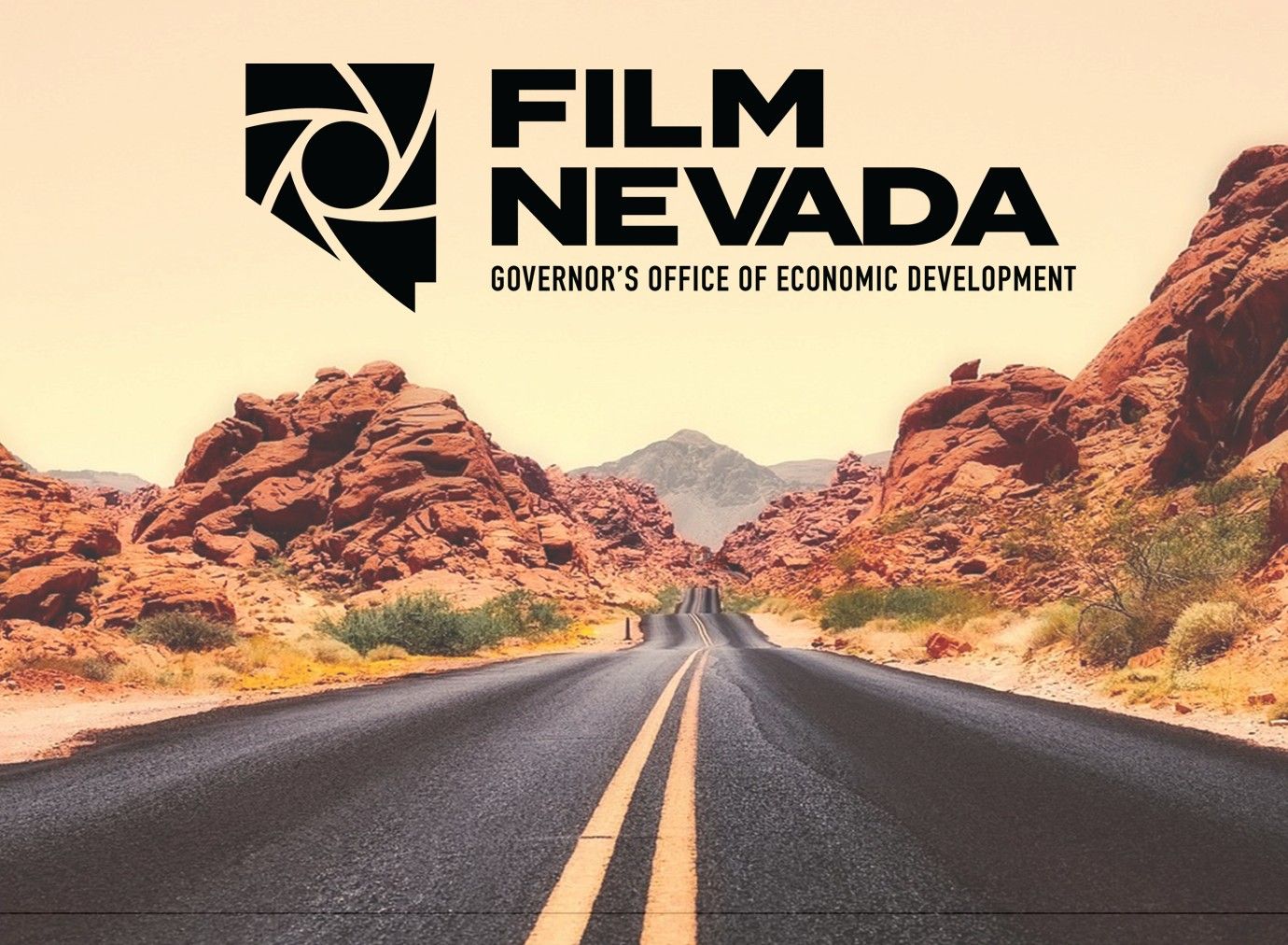"경쟁 아닌 연결"...법무법인 미션, 글로벌 플랫폼 MXM 출범
Mission Law Firm Launches Global Innovation Platform 'MXM' in New York
Three-year journey from K-Food Express to KOOM Festival culminates in integrated legal, cultural, and business ecosystem
법무법인 미션, 뉴욕서 글로벌 혁신 플랫폼 'MXM' 출범
3년간 K-Food Express→꿈페스티벌 거쳐 완성... "법률·문화·비즈니스 통합 생태계 구축"
뉴욕 맨해튼 파크애비뉴 460번지. 10월 20일 저녁, 이곳 한 컨퍼런스룸에는 한국과 미국을 오가는 스타트업 창업가들과 투자자, 변호사들이 모여들었다. 법무법인 미션이 3년간 준비한 글로벌 혁신 플랫폼 '미션 크로스보더 멤버십(MXM)'의 뉴욕 출범식이 열리는 날이었다.
"지금 세계가 요구하는 것은 경쟁이 아닌 연결(connectivity), 성공이 아닌 연대(solidarity)입니다."
김성훈 미션 대표변호사의 개회사가 끝나자 참석자들 사이에서 공감의 박수가 터져 나왔다. 한국 F&B 스타트업 대표 한 명은 "이제야 우리를 이해하는 사람들을 만난 것 같다"며 눈시울을 붉혔다.
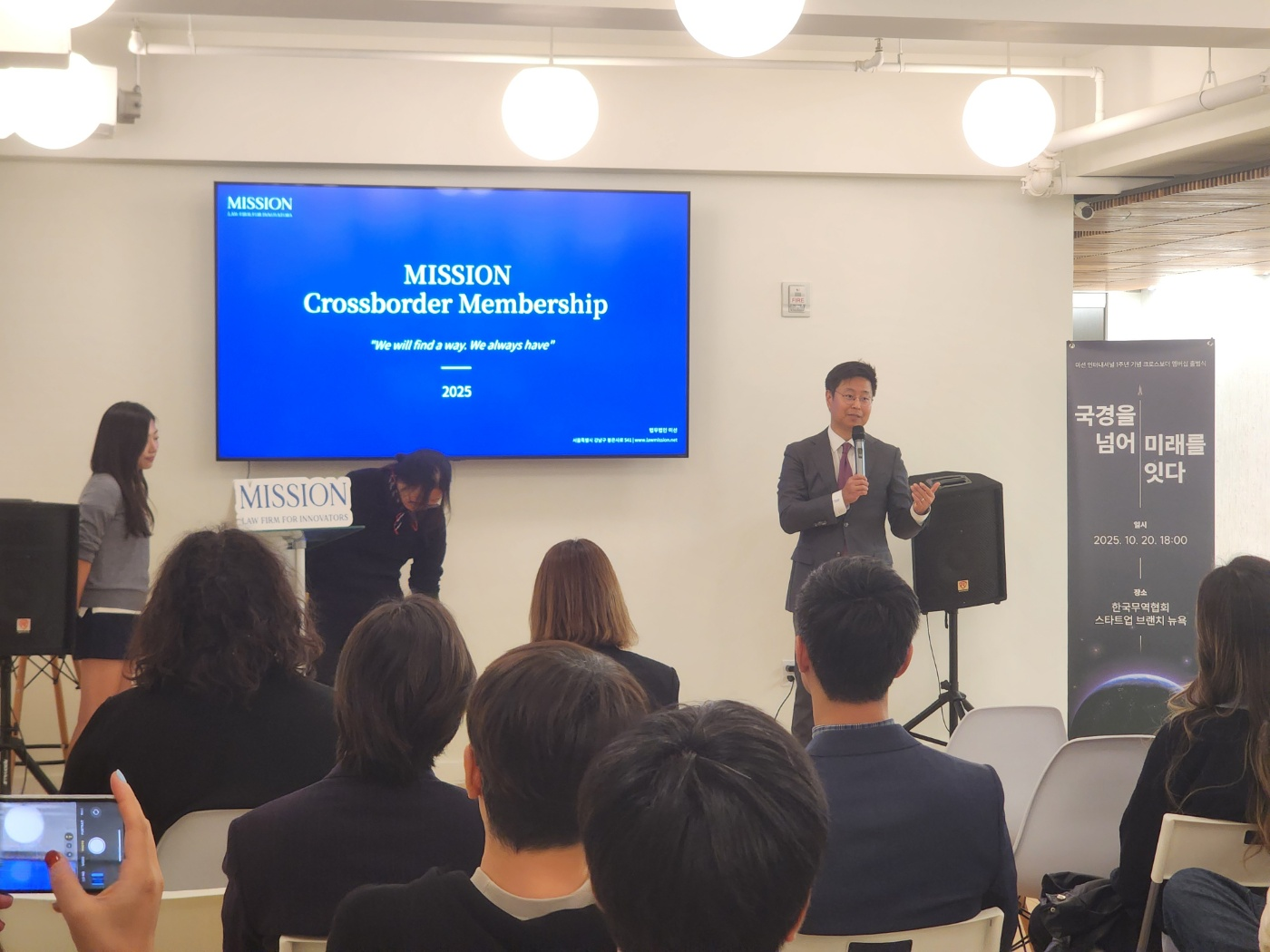
"법률만으로는 살아남을 수 없었다"
MXM 출범 뒤에는 3년간의 치열한 시행착오가 있었다.
2023년 봄, 법무법인 미션은 한국무역협회와 함께 'K-Food Express 1.0' 프로젝트를 시작했다. 한국 외식 브랜드의 미국 진출을 법률적으로 지원하는 게 목표였다. FDA 승인, 라벨링 규정, 상표권 분쟁... 개별 기업이 혼자 감당하기엔 너무 복잡한 장벽들이었다.
하지만 곧 한계가 드러났다. 법률 문제를 해결해줘도 실패하는 기업이 속출했다. 현지 유통망을 찾지 못하거나, 미국 소비자 취향을 몰라 제품을 팔지 못하는 경우가 대부분이었다.
"한국 스타트업이 해외에서 실패하는 이유의 상당수는 법률 문제가 아닌 네트워크 부족과 현지화 실패였습니다. 법률회사가 비즈니스 인프라까지 제공해야 실질적 성공을 도울 수 있다는 걸 깨달았죠."
김성훈 대표의 설명이다. 이때부터 미션의 전략이 바뀌기 시작했다.
2024년, 집단 진출 전략으로 전환
2024년 여름, 서울에서 열린 'K-Food Express 2.0' 포럼. 이번엔 접근법이 달랐다. 개별 기업의 진출이 아닌 집단 진출 방식을 제안했다. 여러 스타트업이 함께 움직이면 바이어와의 협상력도 높아지고, 물류·마케팅 비용도 나눌 수 있다는 전략이었다.
F&B·뷰티·라이프스타일 스타트업 대표들이 한자리에 모였다. 서로의 고민을 나누고, 공동 진출 방안을 논의했다. "혼자서는 무섭지만 함께라면 할 수 있을 것 같다"는 반응이 나왔다.
하지만 여전히 뭔가 부족했다. 포럼은 일회성 행사로 끝나기 쉬웠고, 실제 비즈니스로 이어지기 어려웠다.
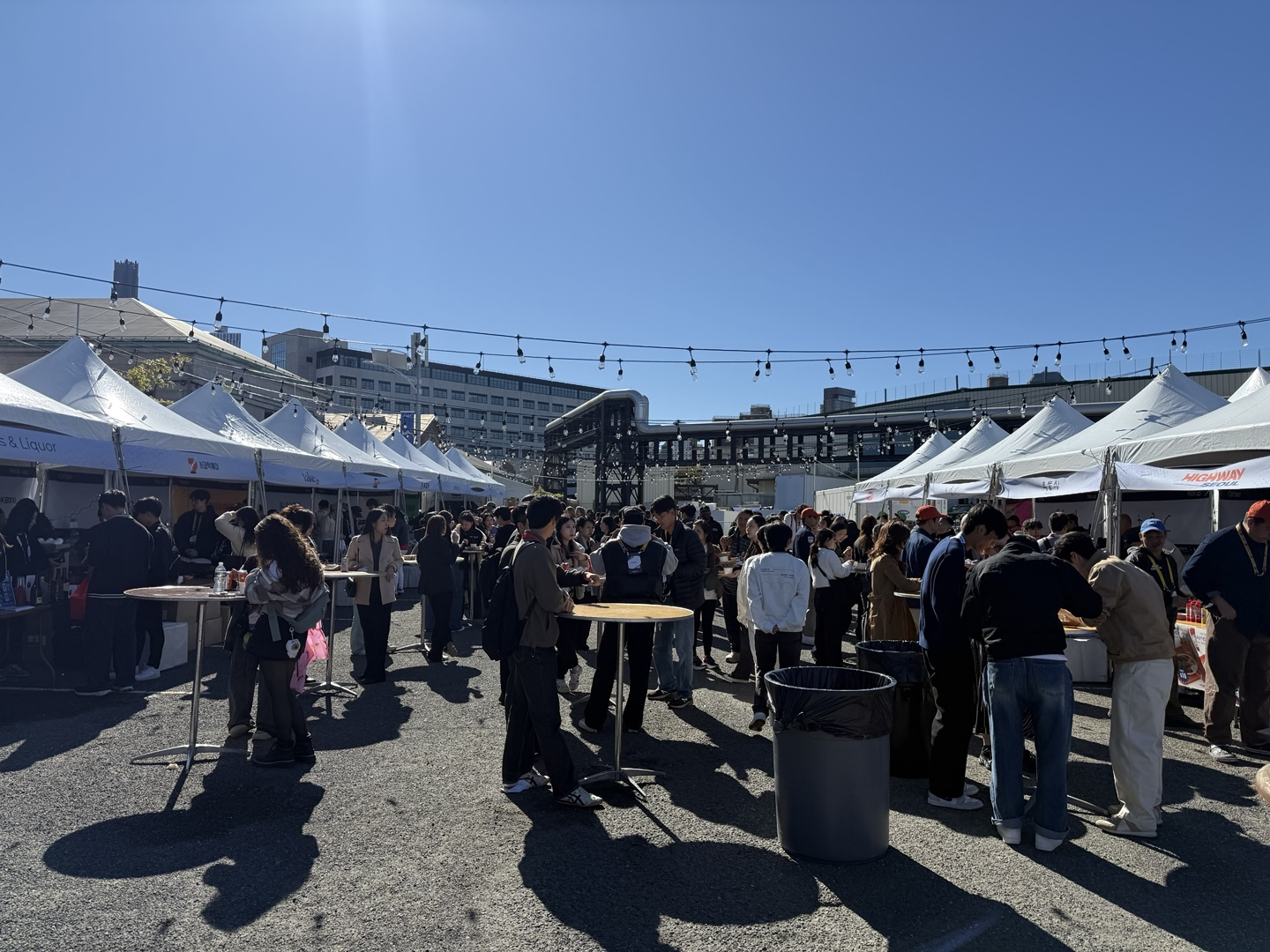
2025년 10월, 브루클린에 '꿈'이 피어나다
"이제는 문화로 말해야 할 때입니다."
2025년 10월 초, 뉴욕 브루클린 네이비야드. 한때 해군 조선소였던 이곳은 지금 창작자들의 성지가 됐다. 바로 이곳에서 'KOOM(꿈) 페스티벌'이 열렸다.
단순한 스타트업 컨퍼런스가 아니었다. 한국 대표 창업가들의 토크쇼, 한국 F&B 브랜드 10곳의 팝업마켓, 라이브 공연이 어우러진 문화·비즈니스 융합 축제였다.
무대에는 정세주(눔 창업자), 권오현(전 삼성전자 부회장), 권혁빈(스마일게이트 의장), 김봉진(배달의민족 창업자) 같은 스타급 패널이 올랐다. 객석에 앉은 뉴욕 현지 투자자들은 한국 창업가들의 이야기에 귀를 기울였다.
한편에서는 사과떡볶이, 슈퍼말차, 도우클럽 등 한국 F&B 브랜드들이 현장 판매를 진행했다. 뉴욕 시민들은 줄을 서서 한국 음식을 맛보며 "이게 한국 스타일이구나" 하고 감탄했다.
"합법적으로, 제대로"
하지만 이 화려한 축제 뒤에는 보이지 않는 법률 인프라가 있었다.
뉴욕에서 식품을 판매하려면 복잡한 현지 퍼밋(허가)이 필요하다. 한국 브랜드 대부분은 이런 절차를 잘 모른다. 법무법인 미션은 뉴욕 HANDS Hospitality 그룹과 협력해 참여 브랜드들이 합법적으로 판매할 수 있도록 사전에 모든 행정 절차를 처리했다.
"한국 브랜드들은 창의성은 뛰어나지만 현지 규제 대응에 어려움을 겪습니다. 우리는 법률·행정·경제적 기반을 함께 설계해 이들이 컴플라이언스를 준수하면서 실제 영업을 할 수 있게 했습니다."
정다혜 Mission NY 파트너 변호사의 설명이다. 눈에 보이지 않지만, 없으면 아무것도 할 수 없는 기반이 바로 이런 법률 시스템이었다.
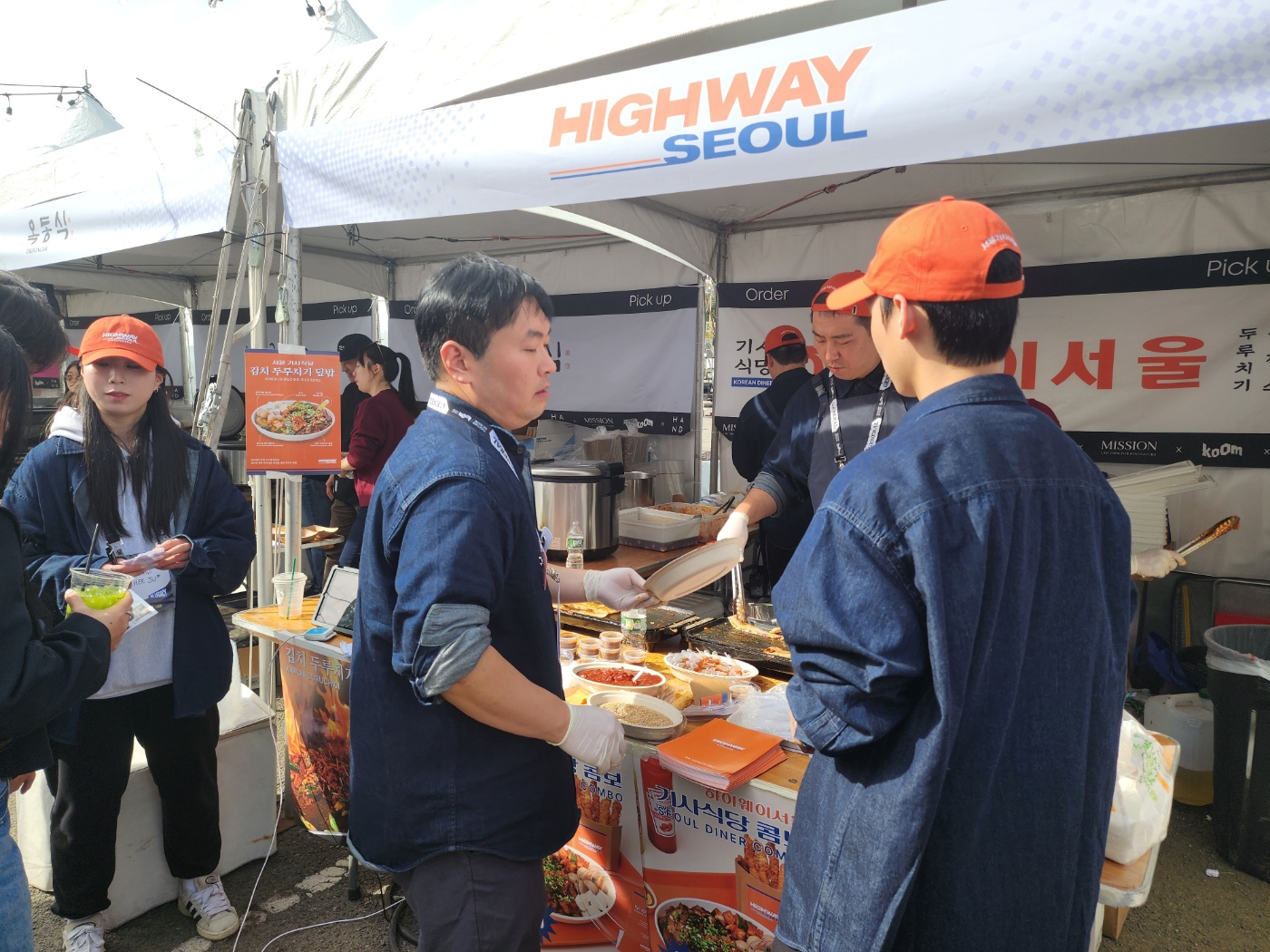
3년 실험의 완결판, 'MXM' 본격 출범
꿈페스티벌의 성공은 3년 실험의 완결판이었다. 그리고 그 결실이 바로 'MXM(Mission Crossborder Membership)'이다.
10월 20일 맨해튼 출범식에서 김성훈 대표는 MXM의 비전을 이렇게 설명했다.
"MXM은 분절된 산업과 국경을 넘어 혁신가들이 함께 작업하고 배울 수 있는 플랫폼입니다. 단순히 법률 자문을 넘어 현지 네트워크 구축, 문화 마케팅, 규제 대응까지 원스톱으로 지원합니다."
MXM은 지난 6월 서울에서 1차 출범한 '미션 크로스보더 멤버스(MCM)'의 뉴욕 챕터다. 현재 한국·미국·싱가포르·UAE 4개국에서 활동 중이며, 스타트업·벤처캐피털·글로벌 기업을 연결하는 협력 네트워크를 운영한다.
참석자 중 한 싱가포르 투자자는 "한국 스타트업과 협업하고 싶었지만 어디서부터 시작해야 할지 몰랐다"며 "MXM 같은 플랫폼이 있으면 훨씬 쉽게 접근할 수 있을 것 같다"고 말했다.
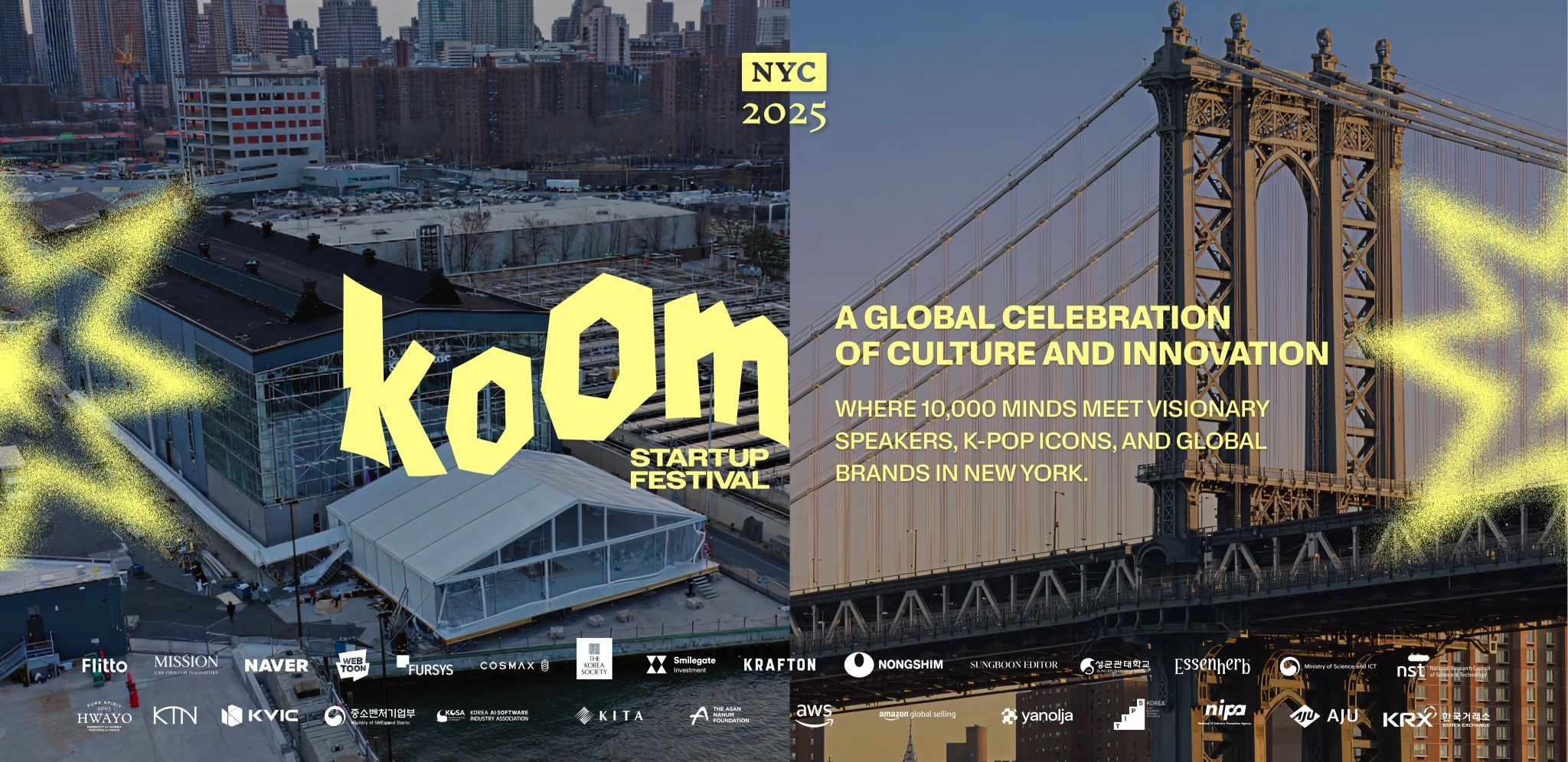
'M-Lab' 공개, "AI 시대 새 규범을 만들겠다"
김성훈 대표는 이날 또 하나의 폭탄 발표를 했다. 바로 'AI·테크·콘텐츠 통합 거버넌스 연구소(M-Lab)' 설립 계획이다.
"AI 알고리즘, 크로스보더 비즈니스, 미디어의 규범은 하나의 언어로 묶여야 합니다. 미션이 지향하는 법은 규제가 아니라 연결의 인프라입니다."
M-Lab은 AI 시대 새로운 법적 규범과 글로벌 비즈니스 거버넌스 모델을 연구한다. 법률가·기술자·문화 기획자가 협업하는 통합 연구 모델을 지향한다.
한 참석자는 "법무법인이 이런 연구소를 만든다는 게 신선하다"며 "AI 시대엔 법과 기술이 따로 갈 수 없으니 필요한 시도"라고 평가했다.
[왜 법률회사가 '생태계'를 만드나]
법무법인 미션의 시도는 법률 서비스 산업의 큰 변화를 보여준다.
전통적으로 법률회사는 '문제 해결형' 서비스에 집중해왔다. 계약서 검토, 소송 대리, 분쟁 조정 같은 일들이다. 하지만 미션은 '생태계 구축형' 모델을 시도하고 있다.
스타트업의 글로벌 진출 초기 단계부터 법적 인프라는 물론 비즈니스 네트워크, 문화 마케팅, 현지화 전략까지 제공한다. 법률 자문에 더해 ▲현지 바이어·투자자·파트너 매칭 ▲공동 마케팅·물류·협상 지원 ▲K-Culture 활용 브랜드 스토리텔링 등을 통합 제공한다.
특히 문화를 비즈니스 전략의 중심에 놓은 점이 특징이다. 꿈페스티벌이 단순 컨퍼런스가 아닌 '페스티벌' 형식을 택한 것도 이런 전략의 일환이다. K-Pop이 한국 문화 산업의 글로벌 진출을 견인했듯, K-Food·K-Culture를 활용해 스타트업의 시장 진입 장벽을 낮추겠다는 구상이다.
한 스타트업 대표는 "법률회사라고 하면 딱딱하고 어려울 것 같았는데, 우리가 정말 필요한 게 뭔지 알고 있더라"며 "계약서만 검토해주는 게 아니라 파트너를 연결해주고, 문화 마케팅까지 도와준다"고 말했다.
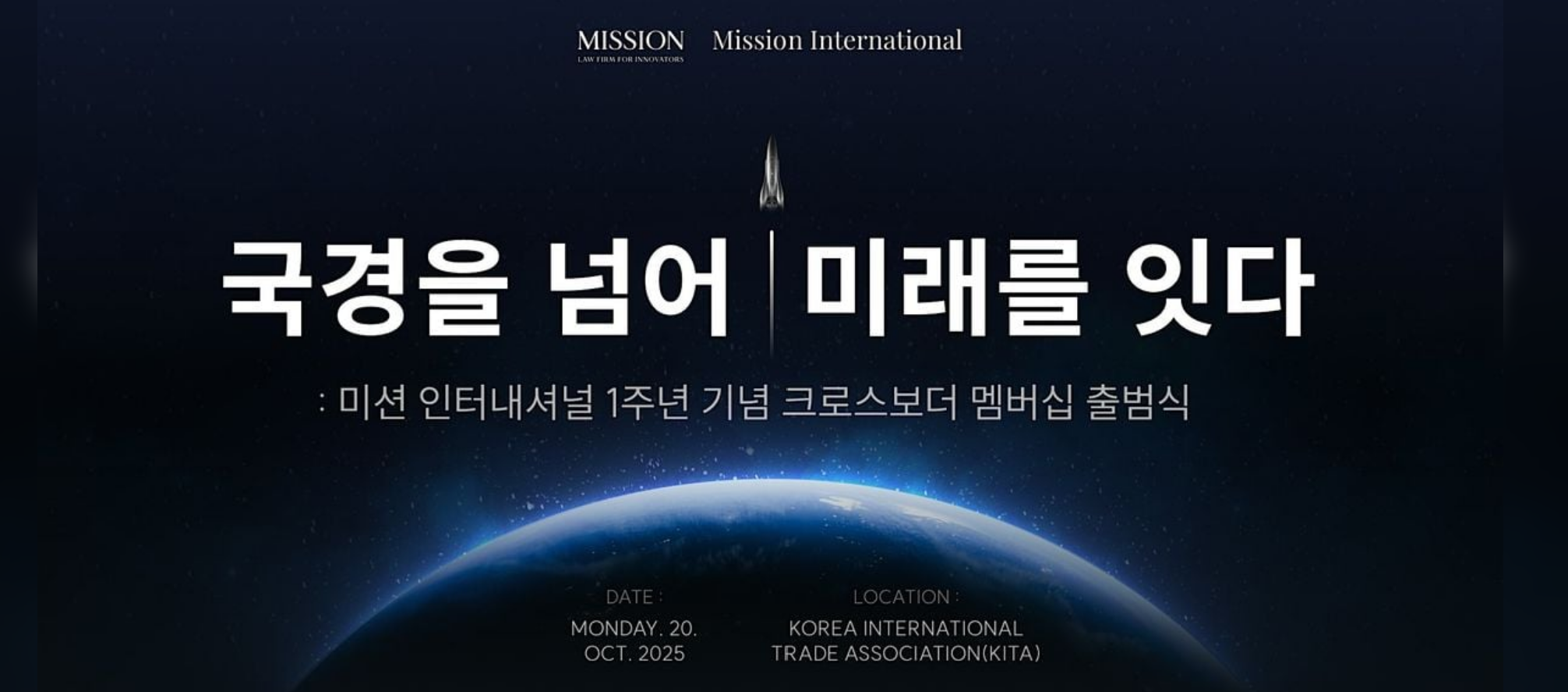
[현장 스케치] "우리도 할 수 있다는 자신감"
출범식이 끝난 뒤, 참석자들은 삼삼오오 모여 명함을 교환하고 이야기를 나눴다. 한국에서 온 한 뷰티 스타트업 대표는 "혼자였으면 뉴욕 진출은 꿈도 못 꿨을 것"이라며 "이런 플랫폼이 있으니 도전해볼 용기가 생긴다"고 했다.
뉴욕 현지 한인 창업가는 "한국에서 온 기업들이 제대로 된 지원 없이 실패하는 걸 많이 봤다"며 "MXM 같은 시스템이 있으면 성공 확률이 훨씬 높아질 것"이라고 기대했다.
한 벤처캐피털 관계자는 "아이디어는 흥미롭다"면서도 신중한 반응을 보였다. "실제 참여 스타트업들이 얼마나 성과를 내는지가 관건이다. 법률회사가 비즈니스 네트워크까지 효과적으로 운영할 수 있을지 지켜봐야 한다."
[다음 행보는?] 유럽·동남아 확장, 표준 모델 구축
법무법인 미션은 MXM을 한국·미국·싱가포르·UAE를 넘어 유럽, 동남아시아 등으로 확장할 계획이다.
김성훈 대표는 "각 도시별로 현지 법률 전문가, 비즈니스 파트너, 문화 기획자를 연결하는 허브를 구축할 것"이라며 "단순히 한국 기업의 해외 진출을 돕는 수준을 넘어 글로벌 혁신 생태계의 새로운 표준을 만들겠다"고 밝혔다.
M-Lab을 통해서는 AI 시대의 법적 규범, 크로스보더 데이터 거버넌스, 콘텐츠 지적재산권 등 새로운 영역의 연구를 진행한다.
법무법인 미션의 3년 실험은 이제 본격적인 시스템으로 진화했다. 법률회사가 단순 서비스 제공자를 넘어 혁신 생태계 설계자로 변신한 것이다. 물론 갈 길은 멀다. 실제 성과가 나올 때까지는 시간이 필요하다. 하지만 적어도 이들은 새로운 가능성을 보여줬다는 평기다.
법률이 규제가 아니라 연결의 인프라가 될 수 있다는 것. 혼자가 아니라 함께 갈 수 있다는 것. 그리고 문화와 비즈니스가 만나면 더 큰 힘이 생긴다는 것.
뉴욕 하늘 아래, 그들의 새로운 '미션(꿈)'이 시작되고 있다.
Mission Law Firm Unveils Global Innovation Platform 'MXM' in New York
From K-Food Express to KOOM Festival: A Three-Year Evolution into an Integrated Legal-Cultural-Business Ecosystem
460 Park Avenue, Manhattan, New York. On the evening of October 20, startup founders, investors, and lawyers shuttling between Korea and the United States gathered in a conference room here. It was the launch day of 'Mission Crossborder Membership (MXM),' a global innovation platform that Mission Law Firm had been preparing for three years.
"What the world demands now is not competition but connectivity, not success but solidarity."
As Attorney Kim Sung-hoon, Managing Partner of Mission, concluded his opening remarks, applause of agreement erupted among the attendees. One Korean F&B startup CEO wiped away tears, saying, "I finally feel like I've met people who understand us."
"Legal Services Alone Weren't Enough to Survive"
Behind the launch of MXM lies three years of intensive trial and error.
In spring 2023, Mission Law Firm launched the 'K-Food Express 1.0' project in partnership with the Korea International Trade Association. The goal was to provide legal support for Korean restaurant brands expanding into the U.S. market—FDA approvals, labeling regulations, trademark disputes... barriers too complex for individual companies to handle alone.
But limitations soon became apparent. Even with legal issues resolved, many companies still failed. Most couldn't find local distribution channels or didn't understand American consumer preferences well enough to sell their products.
"A significant portion of why Korean startups fail overseas isn't due to legal problems, but lack of networks and localization failures," explains Managing Partner Kim. "We realized that law firms need to provide business infrastructure as well to help achieve real success."
This marked the beginning of Mission's strategic shift.
2024: Pivoting to Collective Market Entry
Summer 2024, at the 'K-Food Express 2.0' forum in Seoul, the approach was different. Instead of individual company entries, they proposed a collective entry strategy. The idea was that multiple startups moving together would have stronger negotiating power with buyers and could share logistics and marketing costs.
CEOs from F&B, beauty, and lifestyle startups gathered in one place. They shared concerns and discussed joint entry plans. "It's scary alone, but together we feel like we can do it," was the response.
But something was still missing. Forums tended to be one-off events, difficult to translate into actual business.
October 2025: 'KOOM' Blooms in Brooklyn
"Now is the time to speak through culture."
Early October 2025, Brooklyn Navy Yard, New York. Once a naval shipyard, this place has now become a sanctuary for creators. This is where the 'KOOM (Dream) Festival' took place.
It wasn't just another startup conference. It was a fusion festival combining talk shows with leading Korean entrepreneurs, a pop-up market featuring 10 Korean F&B brands, and live performances.
Star panelists like Jeong Se-ju (Noom founder), Kwon Oh-hyun (former Samsung Electronics Vice Chairman), Kwon Hyuk-bin (Smilegate Chairman), and Kim Bong-jin (Baedal Minjok founder) took the stage. New York investors in the audience listened intently to the Korean entrepreneurs' stories.
Meanwhile, Korean F&B brands like Apple Tteokbokki, Super Matcha, and Dough Club conducted on-site sales. New York residents lined up to taste Korean food, exclaiming, "So this is Korean style."
"Legally, Properly"
But behind this glamorous festival was an invisible legal infrastructure.
Selling food in New York requires complex local permits. Most Korean brands are unfamiliar with these procedures. Mission Law Firm collaborated with New York's HANDS Hospitality Group to handle all administrative procedures in advance so participating brands could sell legally.
"Korean brands excel in creativity but struggle with local regulatory compliance," explains Attorney Jeong Da-hye, Partner at Mission NY. "We designed the legal, administrative, and economic foundation together so they could operate while maintaining compliance."
Though invisible, this legal system was the foundation without which nothing else could happen.
The Culmination of Three Years: 'MXM' Officially Launches
The success of the KOOM Festival was the culmination of three years of experimentation. And the fruit of this effort is 'MXM (Mission Crossborder Membership).'
At the Manhattan launch event on October 20, Managing Partner Kim explained MXM's vision:
"MXM is a platform where innovators can work and learn together across fragmented industries and borders. Beyond simple legal advice, we provide one-stop support for local network building, cultural marketing, and regulatory compliance."
MXM is the New York chapter of 'Mission Crossborder Members (MCM),' which first launched in Seoul last June. Currently operating in four countries—Korea, the U.S., Singapore, and the UAE—it runs a collaborative network connecting startups, venture capital, and global companies.
One Singaporean investor in attendance said, "I wanted to collaborate with Korean startups but didn't know where to start. A platform like MXM makes it much easier to approach."
'M-Lab' Unveiled: "Creating New Norms for the AI Era"
Managing Partner Kim made another major announcement that day: plans to establish the 'AI, Tech & Content Integrated Governance Research Institute (M-Lab).'
"The norms for AI algorithms, crossborder business, and media must be bound by a single language. The law that Mission pursues is not regulation but infrastructure for connection."
M-Lab will research new legal norms for the AI era and global business governance models. It aims for an integrated research model where lawyers, technologists, and cultural planners collaborate.
One attendee remarked, "It's refreshing to see a law firm create such a research institute. In the AI era, law and technology can't go separate ways, so this is a necessary attempt."
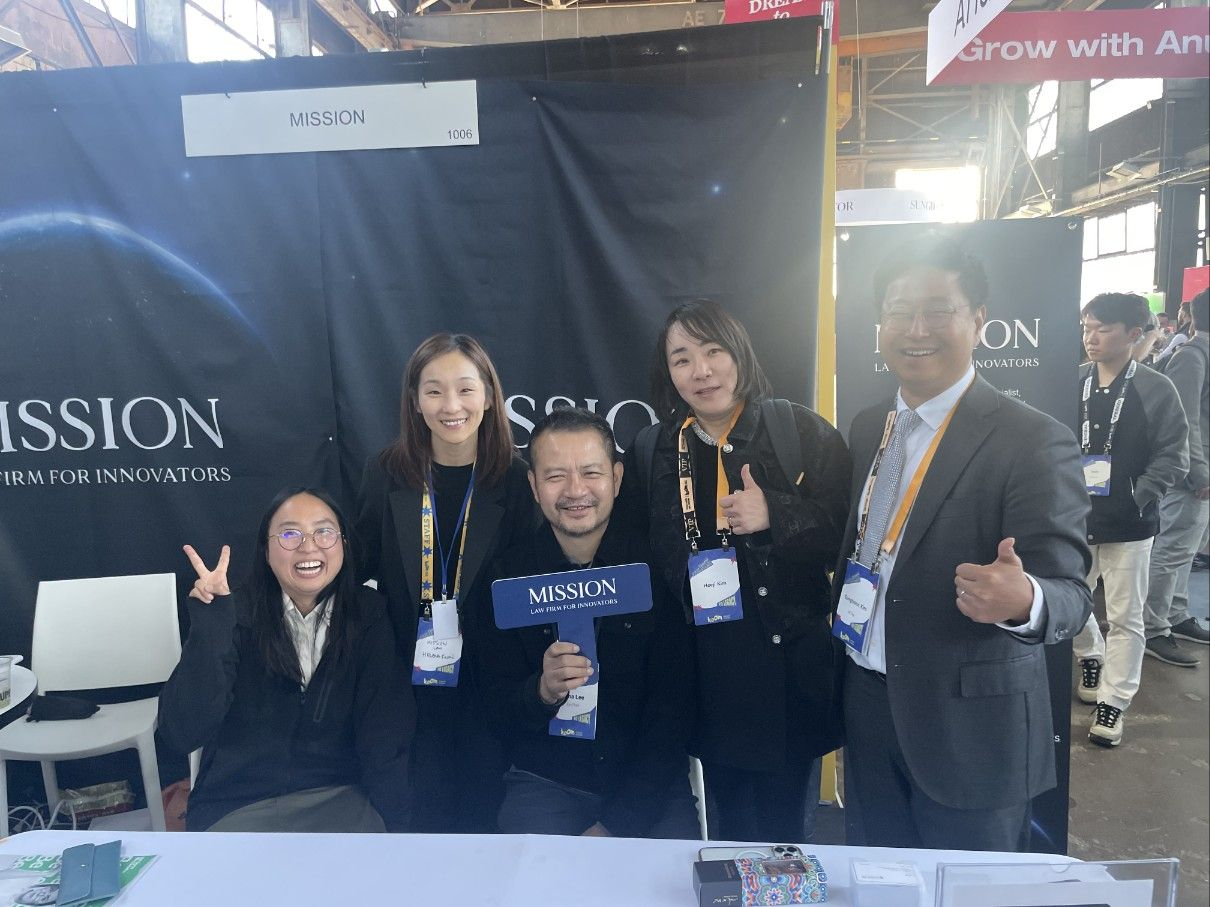
Why Is a Law Firm Building an 'Ecosystem'?
Mission Law Firm's approach demonstrates a major shift in the legal services industry.
Traditionally, law firms have focused on 'problem-solving' services—contract review, litigation representation, dispute mediation. But Mission is attempting an 'ecosystem-building' model.
From the early stages of startup global expansion, they provide not only legal infrastructure but also business networks, cultural marketing, and localization strategies. Beyond legal advice, they offer integrated support including: ▲matching with local buyers, investors, and partners ▲support for joint marketing, logistics, and negotiations ▲K-Culture-based brand storytelling.
Particularly notable is placing culture at the center of business strategy. The decision to make the KOOM Festival a 'festival' rather than just a conference is part of this strategy. Just as K-Pop drove the global expansion of Korea's cultural industry, they aim to lower market entry barriers for startups using K-Food and K-Culture.
One startup CEO said, "Law firms seemed stiff and difficult, but they really know what we need. They don't just review contracts—they connect us with partners and even help with cultural marketing."
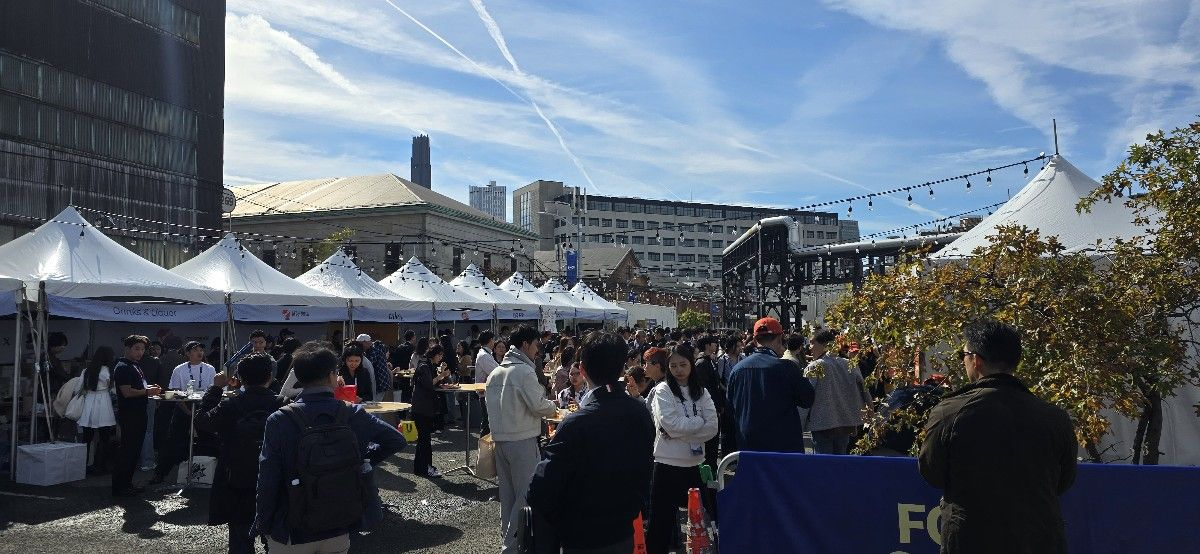
Field Notes: "Confidence That We Can Do This Too"
After the launch event, attendees gathered in small groups to exchange business cards and talk. One beauty startup CEO from Korea said, "I couldn't have dreamed of entering New York alone. Having a platform like this gives me the courage to try."
A Korean-American entrepreneur in New York noted, "I've seen many Korean companies fail without proper support. With a system like MXM, the success rate will be much higher."
One venture capital representative showed cautious optimism: "The idea is interesting, but the key is how much actual results participating startups can achieve. We'll have to see if a law firm can effectively operate a business network."
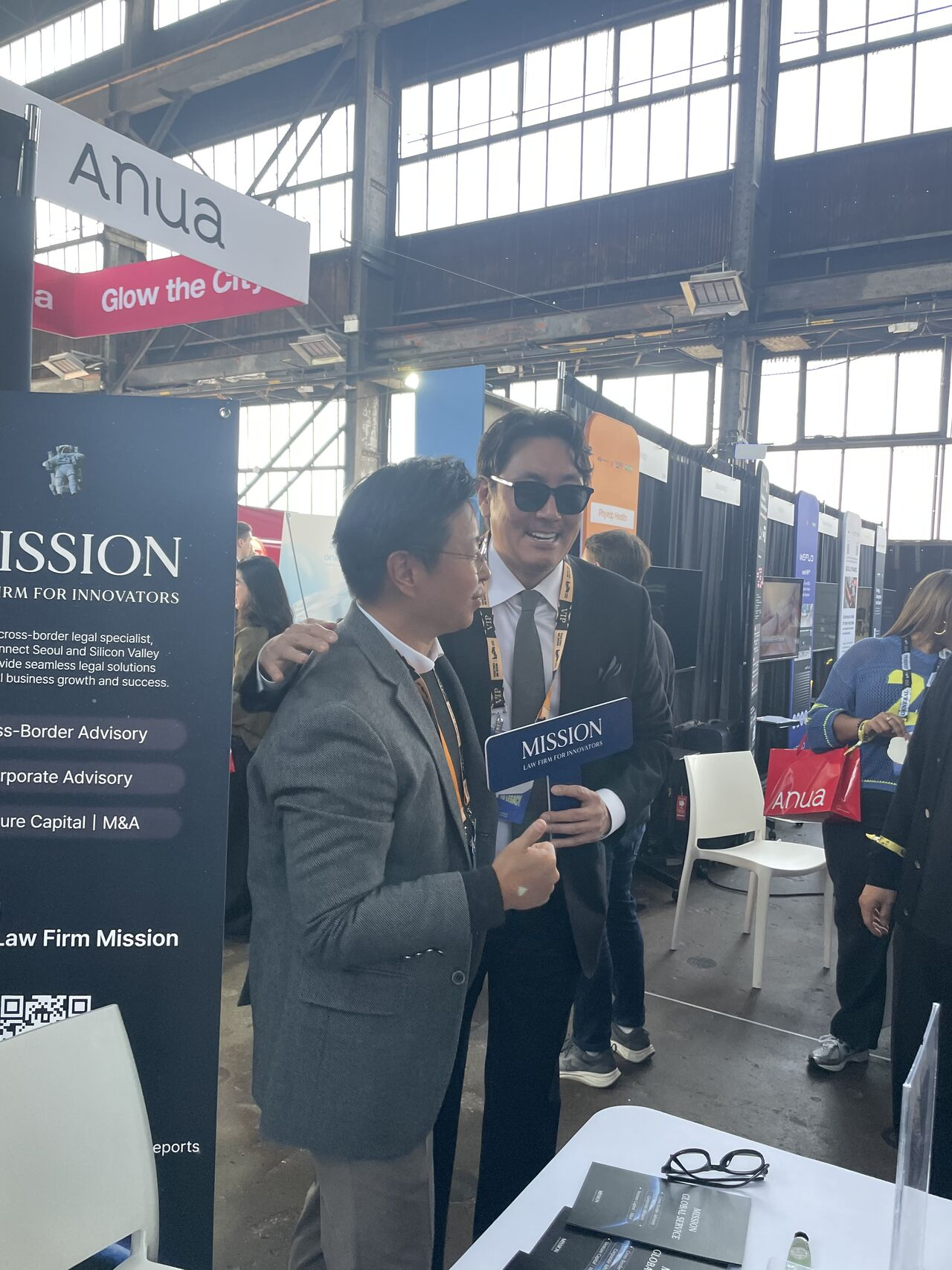
What's Next? Expanding to Europe and Southeast Asia, Building a Standard Model
Mission Law Firm plans to expand MXM beyond Korea, the U.S., Singapore, and the UAE to Europe and Southeast Asia.
"We will build hubs in each city connecting local legal experts, business partners, and cultural planners," Managing Partner Kim stated. "Beyond simply helping Korean companies expand overseas, we aim to create a new standard for the global innovation ecosystem."
Through M-Lab, they will conduct research in new areas such as legal norms for the AI era, crossborder data governance, and content intellectual property rights.
Mission Law Firm's three-year experiment has now evolved into a full-fledged system. The law firm has transformed from a simple service provider to an innovation ecosystem designer. Of course, there's a long way to go. It will take time to see actual results. But at least they've shown new possibilities.
That law can be infrastructure for connection, not regulation. That we can go together, not alone. And that greater power emerges when culture and business meet.
Under the New York sky, their new 'mission' (dream) is beginning.

